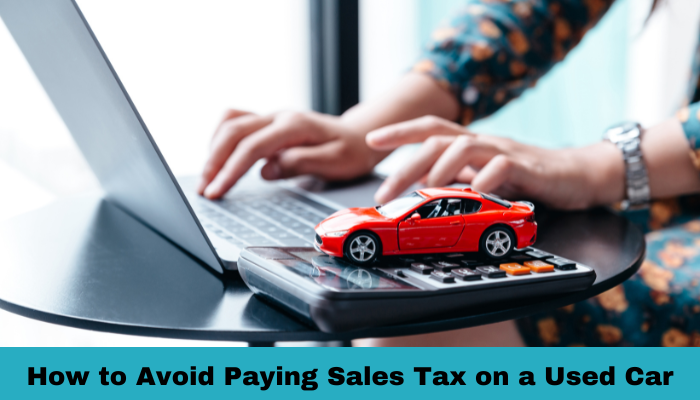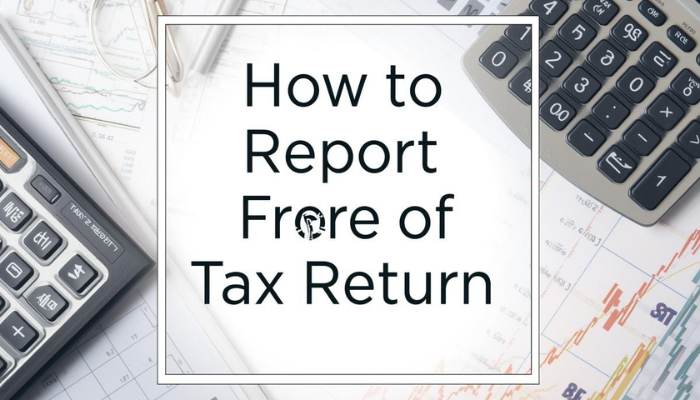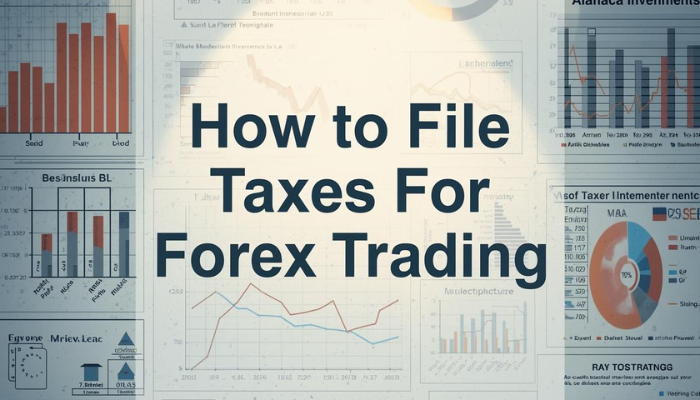
How to Avoid Paying Sales Tax on a Used Car?
Purchasing a secondhand automobile is exciting because it is affordable and liberating. However, many people might be worried about the vehicle’s tax. So, how to avoid paying sales tax on a used car?
Dealing with sales tax complexities may frequently dampen enthusiasm. But don’t worry—our best tax consultant Houston workforce presents a legal guide on how to avoid paying sales tax on a used car or automobile.
Recognizing the Sales Tax Environment
Comprehending the fundamentals is essential before exploring tactics to reduce sales tax. State-by-state variations exist in sales tax rates for car purchases, ranging from 0% to more than 10%.
In addition, some countries use the vehicle’s purchase price as the basis for taxation. Contrastingly, many others use the vehicle’s assessed value.
Seek Out Tax-Exempt Transactions
Some purchases are not subject to sales tax in some areas. You could be fortunate if you are buying a used automobile from a private seller in a state where sales tax is not applied to private-party transactions.
State sales taxes on automobile purchases are also waived in some cases for specific buyer groups, such as:
- Active military personnel
- People with disabilities
Keep Studying About Trade-In Possibilities
You can avoid paying sales tax by trading in your current vehicle. In many jurisdictions, you (the buyer) are permitted to subtract the trade-in value from the cost of the new car before figuring out sales tax.
Thus, there is a decrease in the total tax burden as the taxable amount is effectively reduced. Therefore, confirm the particular laws controlling trade-ins in your area.
Why Buying a Car in Another State Doesn’t Work?
You may believe that buying a car in a state that does not impose sales tax will allow you to avoid paying it, but this is not the case. Assume you live in Vermont (6% sales tax) and drive to New Hampshire (0% sales tax) to purchase a vehicle. When you acquire the automobile, you will not have to pay sales tax.
However, when you return to Vermont to register your vehicle, your local DMV may detect you did not pay the tax and penalize you accordingly. This can also happen if you buy the car from the owner in cash, or if you buy in a city with a lower rate than where you live. It all depends on how your locale collects revenue.
Prioritize Buying in Tax-Free States
Some states attract purchasers looking to reduce their tax liabilities. This is because they do not impose sales tax on automobile purchases. You can altogether avoid sales tax by executing your purchase in one of these tax-haven locations.
Remember that even buying a car in a state with no taxes may sound enticing. However, you should assess the possible tax savings against other aspects, including:
- Travel costs
- Logistical concerns
Make Use of Residency Loopholes
In some instances, relocating to a state with advantageous tax regulations might result in substantial cost savings on car purchases. You can lawfully benefit from these favorable tax laws by relocating to a state with no sales tax or a low sales tax rate.
It is imperative to follow residence requirements and tax rules to prevent fines or legal ramifications. For this purpose, seek guidance from our best tax advisor services anytime, anywhere!
The Bottom Line
Navigating how to avoid paying sales tax on a used car might be challenging for some. However, you can reduce your tax burden morally and legally by carefully planning ahead of time and being aware of your options. Aware consumers wishing to optimize savings have options to consider, including tax-exempt transactions, trade-in possibilities, and well-thought-out purchase choices. By being knowledgeable and proactive, you can drive away with your ideal automobile and put extra money in your pocket.


